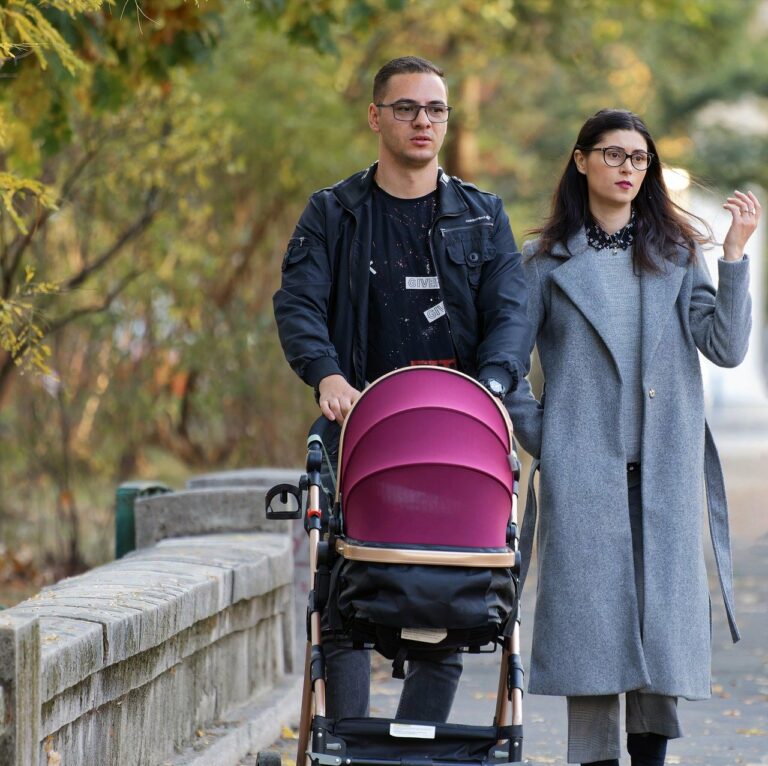Wine and Environmental Stewardship: Promoting Biodiversity and Conservation Efforts: Sky247 login, 11x play, Play99exch com login password
sky247 login, 11x play, play99exch com login password: Wine and Environmental Stewardship: Promoting Biodiversity and Conservation Efforts
Wine production has a significant impact on the environment, from the cultivation of grapes to the production and distribution of the final product. As concerns about climate change and environmental degradation continue to grow, the wine industry has started to take action to promote biodiversity and conservation efforts.
Sustainable Grape Growing Practices
Many wine producers are turning to sustainable grape growing practices to minimize their environmental impact. This includes reducing the use of pesticides and herbicides, promoting natural pest control methods, and conserving water through drip irrigation systems. By adopting these practices, wine producers can help protect biodiversity and minimize harm to the surrounding ecosystem.
Preservation of Natural Habitats
In addition to sustainable grape growing practices, wine producers are also taking steps to preserve natural habitats on their land. This includes planting native vegetation, creating wildlife corridors, and protecting water sources. By preserving natural habitats, wine producers can support biodiversity and create a more resilient ecosystem.
Organic and Biodynamic Certification
Some wine producers are going a step further by seeking organic or biodynamic certification for their vineyards. Organic farming practices avoid the use of synthetic chemicals and promote healthier soil and biodiversity. Biodynamic farming takes organic practices a step further by incorporating holistic approaches to farming that consider the entire ecosystem. By becoming certified organic or biodynamic, wine producers can demonstrate their commitment to environmental stewardship.
Carbon Footprint Reduction
The wine industry is also taking steps to reduce its carbon footprint through measures such as energy efficiency improvements, renewable energy installations, and carbon offset programs. By reducing carbon emissions, wine producers can help mitigate climate change and protect the environment for future generations.
Community Involvement and Education
Many wine producers are actively engaging with their local communities to promote biodiversity and conservation efforts. This includes organizing volunteer clean-up events, hosting educational workshops, and partnering with environmental organizations. By involving the community in conservation efforts, wine producers can foster a sense of environmental stewardship and inspire others to take action.
Certifications and Labels to Look For
When shopping for wine, consumers can look for certifications and labels that indicate a producer’s commitment to environmental stewardship. Some labels to look for include USDA Organic, Demeter Biodynamic, and Certified Sustainable. These labels provide assurance that the wine was produced using environmentally friendly practices.
FAQs
1. Are sustainable wines more expensive?
Sustainable wines can vary in price, but in general, they may be slightly more expensive due to the additional costs associated with sustainable farming practices.
2. How can I support biodiversity and conservation efforts as a consumer?
As a consumer, you can support biodiversity and conservation efforts by choosing wines from producers that prioritize environmental stewardship, participating in local clean-up events, and educating yourself about sustainable farming practices.
3. Are organic wines better for the environment?
Organic wines are produced without synthetic chemicals, which can be better for the environment in terms of reducing pesticide use and promoting healthier soil. However, it’s important to consider the overall sustainability practices of the producer.
In conclusion, the wine industry plays a significant role in promoting biodiversity and conservation efforts. By adopting sustainable grape growing practices, preserving natural habitats, seeking organic and biodynamic certification, reducing carbon emissions, engaging with the community, and looking for eco-friendly certifications, wine producers and consumers can work together to protect the environment and support a more sustainable future.







